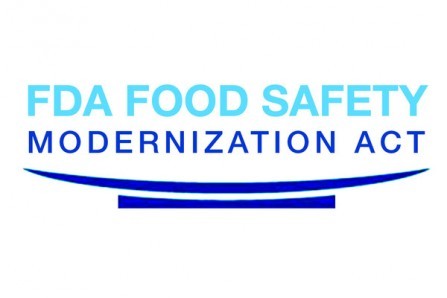The Food Safety Modernization Act
The Food Safety Modernization Act (FSMA), signed into law Jan. 4, 2011, expands the power of the Food and Drug Administration (FDA) to oversee food safety with a focus on prevention. The legislation requires farms with annual revenue over $500,000 to follow more rigid standards regarding food safety and calls for new recordkeeping and tracking requirements. It also gives the FDA the authority to impose new rules to prevent contamination and order the recall of tainted foods. While the ultimate implications of the law on food producers are yet to be seen, there are several changes that will undoubtedly have an effect.
When Will Changes be Made?
The FDA began writing new regulations immediately after the signing of the bill to enact its provisions. Implementation has been slow, as the FDA did not put many of the FSMA’s provisions into effect a year after President Barack Obama signed the bill. However, Obama has called for a $253 million increase in the FDA’s budget for fiscal year 2013, much of that intended to help implement the FSMA. The Congressional Budget Office estimates the FSMA will cost $1.4 billion over five years to fully implement.
Which Industries are Affected?
The industries that the FDA regulates represent more than 80 percent of the consumer food supply in the United States. Since they are already regulated by the U.S. Department of Agriculture (USDA), meat, poultry and processed eggs are exempted from the law.
What Provisions Affect Me?
Several provisions of the law will directly affect growers and producers of food products.
- The law increases inspections of facilities, and what are deemed the riskiest facilities will be inspected every three years.
- The FDA now has the power to mandate a food recall, whereas before it could merely negotiate and recommend it.
- Companies that require additional inspections or a food recall may be subject to a fee designated by the FDA. The law gives the FDA power to suspend a facility if a possible health risk is suspected.
- The FDA will generate new regulations for food production at least every two years based on the most significant food threats at the time. This means you will have to stay up to date and comply with each new set of regulations.
- The law imposes new safety regulations on producers of high-risk fruits and vegetables.
- Food processers will be required to prepare detailed food safety plans and tell the FDA what steps they are taking to keep their food safe at different stages of production. This information would be used to trace recalled foods.
- New recordkeeping regulations will be imposed, and the FDA will have expanded access to these records for tracking purposes in the event of a potential public health risk.
Specifics on the FDA’s regulations and implementations to FSMA can be found at www.fda.gov/fsma. Rely on Southwest Risk Management for updates, as well as other compliance and risk management information.









